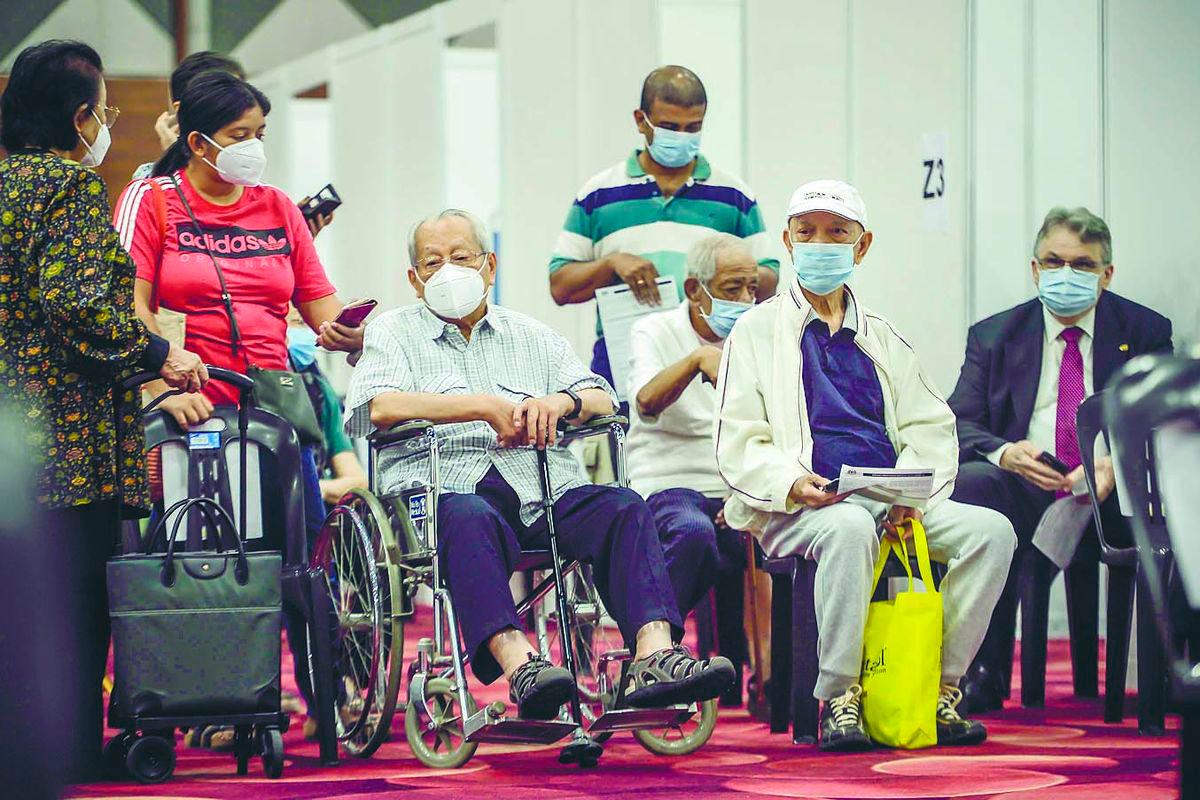BY 2030, 15% of our population is projected to be aged 60 and above, and Malaysia will become an aged nation.
While the numbers climb, our readiness to care remains alarmingly low. Who will look after our older generation and how?
Shocking news headlines serve as painful reminders of the harsh reality faced by many older persons in Malaysia – loneliness, neglect and abandonment due to inadequate care.
As Malaysia is ageing faster than we realise, care issues faced by older persons are no longer just family issues.
Care has been seen as a family duty grounded in moral, cultural and religious expectations for generations. However, times have changed – our families are becoming smaller, our lives busier and our support systems are stretching thinner than ever. Many caregivers are overwhelmed, underpaid or entirely unrecognised.
The reality? We have placed a significant responsibility on family members to become caregivers, especially women and adult children, without giving them any legal protection or support to do it well. Worst, when things fall apart, we blame them.
Preparing next generation
Here is another concern. What happens when the young generation becomes the main caregiving generation?
Today’s young people are digital natives raised on social media and are independent. Many live far from home, pursuing global careers, and see traditional caregiving roles as outdated. Nevertheless, in just a few decades, they will be expected to care for an ageing population on a scale never seen before.
We must start preparing them now. Care education should begin early, not when a crisis strikes. We must integrate ageing and older persons’ awareness into school and university curricula.
It is also vital to promote intergenerational empathy and understanding through community programmes. This will shift the conversation about ageing from fear to responsibility and burden to dignity.
Missing legal framework
Malaysia’s laws have not caught up. While we have related policies and statutes like the Care Centres Act 1993 and the Private Aged Healthcare Facilities and Services Act 2018, they mainly focus on institutions.
Informal, home-based caregiving, where most older persons’ care happens, is left in a legal grey zone.
Meanwhile, our country’s neighbours like Singapore, the Philippines and Thailand have already introduced specific laws that define older persons’ rights and caregiving responsibilities.
As such, Malaysia cannot keep kicking this can down the road. We urgently need a legal framework that defines caregiving responsibilities across society, not just within families.
We urgently need a law that cares for everyone, including older persons as well as their caregivers.
Caring for the aged is not just a “family thing”; it is a national and human obligation.
For the sake of love, we must empower our older persons to live with dignity, autonomy and respect. Let us not wait until it is too late as ageing is not someone else’s story; it is our story and the story of our young generation.
If we do not act now, we will keep reading the same headlines, feeling the same outrage and doing nothing. However, if we can start caring collectively – legally and compassionately – we can change the ending. We can build a Malaysia that honours its older generations, supports its caregivers and educates its youths to continue the cycle of dignity through care actions.
One day, we will all need care. The time to prepare is not in the future but now.
Let us safeguard the love and care for older persons through strong, relevant laws because someday we will depend on the very system we choose to build today.
Nur Faizira Abdul Rahman is currently serving at the Centre for Foundation in Science and is a doctorate candidate at the Law Faculty of Universiti Malaya. Comments: letters@thesundaily.com









